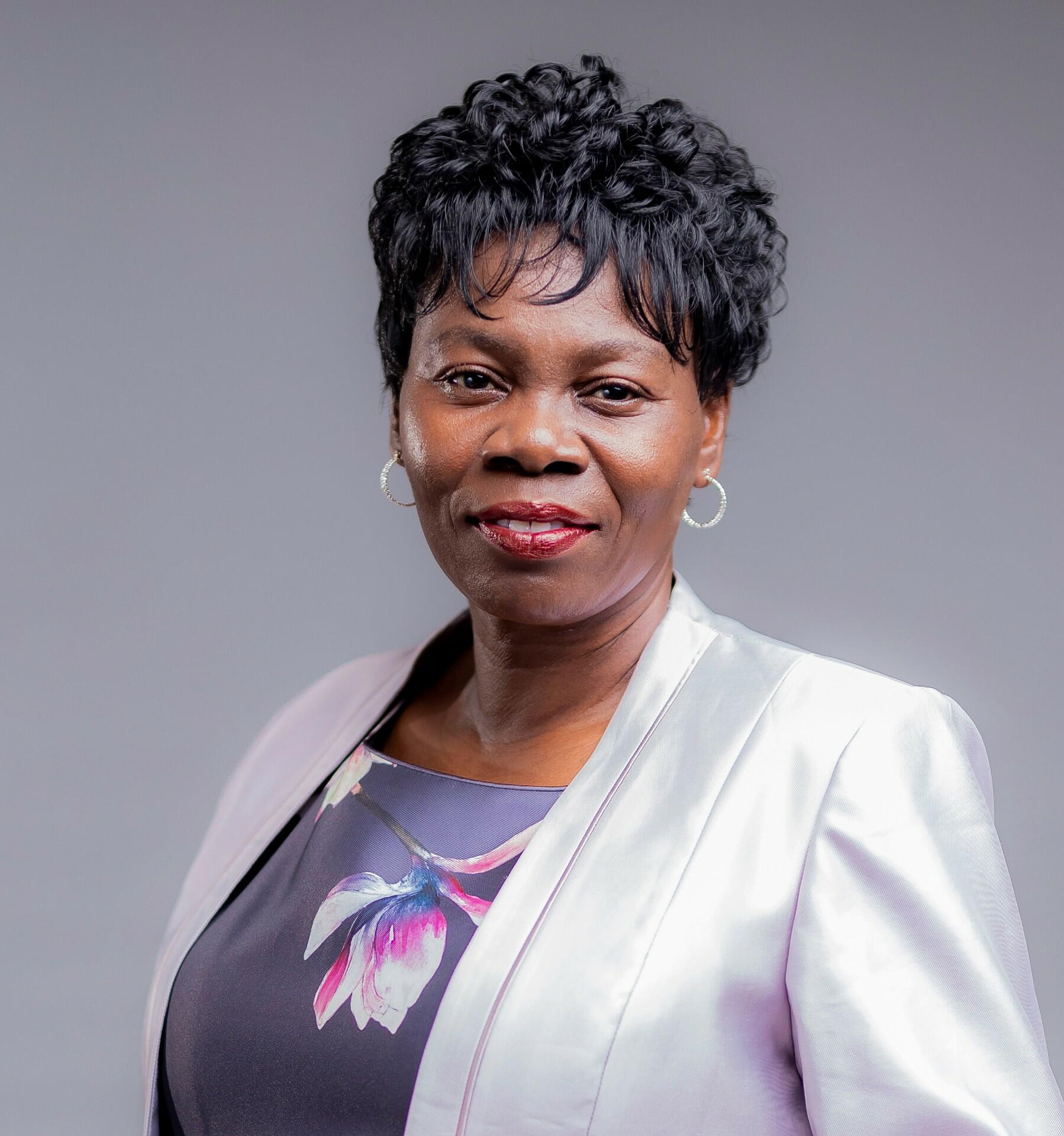
Trustees' Week is an opportunity to celebrate the achievements of nearly one million trustees across the UK.
During Trustees' Week, Liverpool School of Tropical Medicine will be sharing the stories of three of our Board of Trustees, the body that exercises governance of the institution.
Hear below from trustee Nyovani Janet Madise, Director of Research and Head of the Malawi office of the African Institute for Development Policy, on the importance of LSTM's research into infectious diseases and reducing inequalities in life expectancy between the rich and poor nations.
Why did you decide to become a trustee for LSTM?
Being a trustee of LSTM is a form of giving back for me. I have always admired the commitment of researchers at LSTM to using their research to help people in countries that are less fortunate than theirs. I come from Malawi where LSTM has a major programme. The laboratory research, the clinical work, and the community work have all benefitted my country and I am truly grateful to LSTM. So, when I was asked to be a trustee, I promptly said yes, and I am so glad because I have learnt a lot about the truly global work that the school does.
Can you share a personal story or experience that inspired your commitment to LSTM's mission and work?
As a public health researcher living in a low-income country, I am very aware of the difference that appropriate health care can make to whether a child survives or dies. Two decades ago, I lost two siblings to infectious diseases and it fills me with a mixture of sorrow and anger when I think that there are now medicines that could have prolonged their lives. This is why the School’s research into infections is so important; we can reduce inequalities in life expectancy between the rich and poor nations.
LSTM is known for its impactful work in tropical medicine and global health. Could you describe a specific project or initiative that you find particularly compelling, and why it resonates with you as a trustee?
I am fascinated by wide spectrum of research that LSTM conducts. Not just lab-based, but they seek to understand how to give care and also what might be impediments to receiving care. One of the research projects that LSTM conducted in Malawi and Ethiopia showed how poverty was a barrier to access Tuberculosis diagnosis services. The researchers came up with solutions which involved a single-day diagnostic test, instead of requiring at least two visits and engaging community health extension workers and shopkeepers to facilitate early diagnosis and treatment. I find such research so practical and helpful. The World Health Organisation thought so too because they endorsed these research findings.
As a trustee, you play a crucial role in shaping LSTM's strategic direction. What aspects of LSTM's mission and goals align with your own values and vision for making a positive impact in global health?
Teaching and partnership are important aspects of LSTM and these align with my personal values and vision for making an impact in global health. Research training of people in low and middle-income countries (LMIC) is very important because this ensures that the research they undertake will be aligned with the priorities of their countries. Furthermore, LSTM is actively encouraging local research leadership which is resulting in equitable partnerships and diversity of research ideas.
Trustees often have a unique perspective on an organisation's impact and growth. In your view, what makes LSTM's work stand out, and what do you believe are the most significant contributions LSTM can make to address global health challenges?
LSTM has an important role in addressing global health challenges through its excellent research in disease-endemic countries, its teaching programmes and influencing global and local policies. There many examples of the school’s ground-breaking research in malaria, Tuberculosis, HIV, maternal and child health, and snakebites. Perhaps what stands out for me most is malaria research and the downward trends we are seeing of deaths due to malaria. I remain confident that with the school’s contribution to this important research, the vision of a world free from malaria is achievable in my lifetime. Finally, LSTM’s commitment to Diversity, Equality, and Inclusivity is not only important for creating an enabling, inclusivity environment for all; it is vital for continued growth.
Read more from our trustees, including Chair Jim McKenna and Vice Chair Sue Russell.